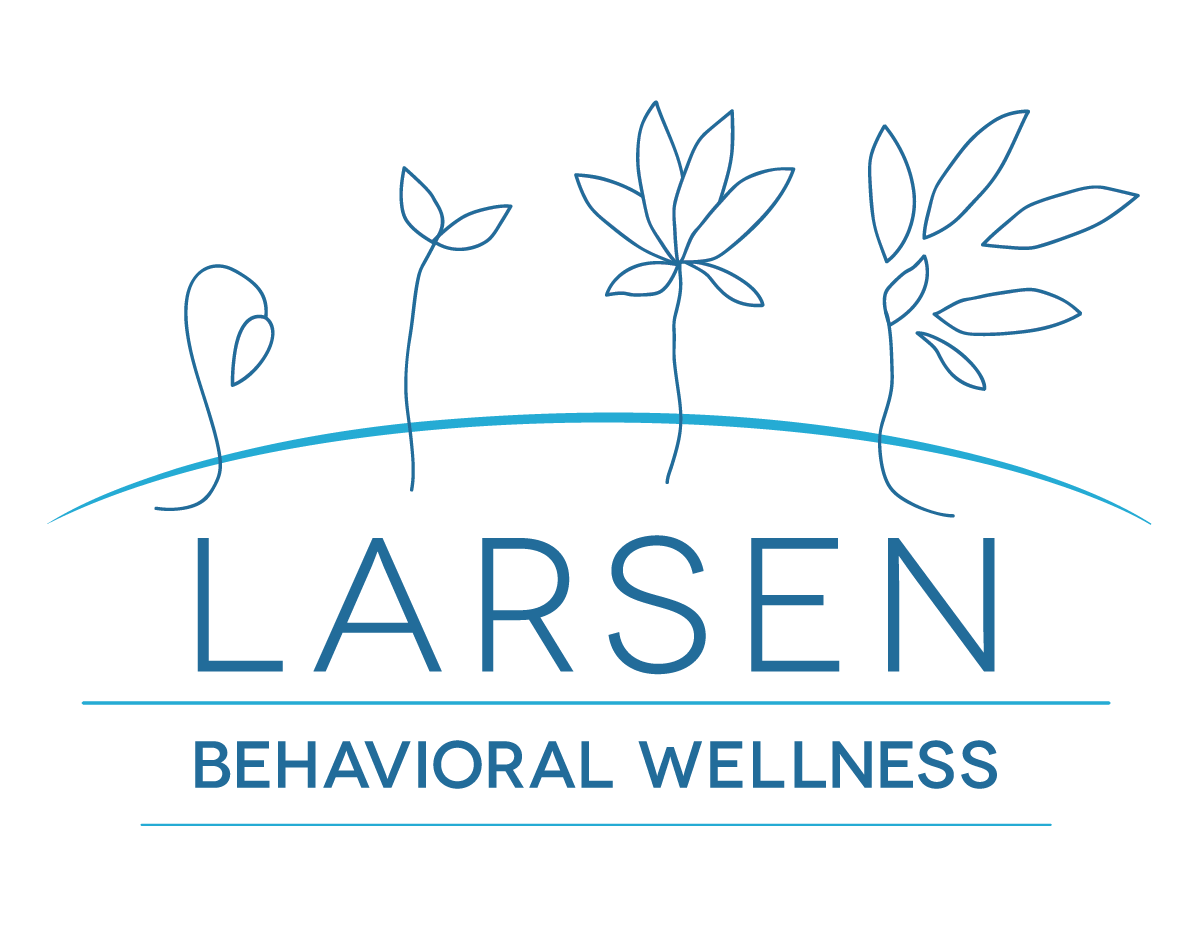How A Therapist can help you achieve your New Year’s Resolution
Are you tired of feeling stuck, like you're running in place while your goals remain just out of reach? Have you started to think about how 2024 could be different from 2023? Do you have specific goals in mind or do you just want things to improve generally? It's time to break free from the cycle of unfulfilled aspirations and start making real progress toward your goals.
Working with a psychotherapist can provide the guidance and support you need to finally accomplish your goals. But how exactly can a therapist help you?
In this discussion, we'll explore the transformative power of psychotherapy and how it can help you establish clear goals, overcome obstacles, stay motivated, and ultimately achieve the life you've always dreamed of.
So, if you're ready to take that first step towards a brighter future, keep reading.
Setting Clear and Achievable Goals
In the context of a calm and safe relationship, therapists can help you achieve your goals.
Setting clear and achievable goals is an essential aspect of working with a psychotherapist to accomplish your desired outcomes. When you engage in therapy, your therapist will work with you to identify specific goals that align with your self-improvement aspirations. These goals provide a roadmap for your therapy journey, helping you to stay focused and motivated.
Oftentimes, clients come to therapy with a general sense of “something needs to get better” but no clarity as far as what that thing is or should be. Therapy can help you clarify points of stress or areas for improvement in your life. Therapists are experts at helping to boil down complex material into more simple terms.
Setting goals involves a discussion about general areas of stress and dissatisfaction. From there, therapists work to hone in on specific behaviors and habits that cause discomfort. Once you narrow the scope with your therapist, it’s time to set clear goals. Therapists are masters are examining problems upside down, that is seeing what the apposite of a problematic habit is to set a clear goal. This involves exploring and expanding your perception of what is possible with your life. Perhaps you want to be healthier. What does that mean for you? How do you define health? Being clear about what you want is super important and drives the rest of the work towards your goals.
Setting clear and achievable goals in psychotherapy is a collaborative process between you and your therapist. It ensures that you have a clear direction for your self-improvement journey and provides a sense of structure and purpose. By working together, you can create a safe and supportive therapeutic environment that empowers you to accomplish your goals.
Breaking Down Goals Into Manageable Steps
To break down goals into manageable steps, you collaborate with your psychotherapist to create a roadmap for your self-improvement journey. Breaking down goals into smaller, achievable steps not only makes them less overwhelming but also increases the likelihood of success. Your psychotherapist can help you analyze your goals and identify the specific actions needed to accomplish them.
By breaking down your goals, you can gain a clearer understanding of what needs to be done and how to approach each step. Your psychotherapist can assist you in developing a timeline, setting realistic deadlines, and creating a structured plan to keep you on track. This process allows you to focus on one step at a time, reducing feelings of stress or being overwhelmed.
Collaborating with your psychotherapist also provides an opportunity to discuss any potential challenges or obstacles that may arise along the way. By anticipating these difficulties, you can develop strategies to overcome them in advance of them happening. That way when the challenge arises you already know what to do to avoid being derailed. Your therapist can offer guidance, support, and encouragement throughout the process, helping you stay focused and committed to achieving each step of your larger goal.
It can often be a maze of confusion on how to move towards a better life. Therapy can help by being your guiding light.
Monitoring Progress and Making Adjustments
As you continue working with your psychotherapist to break down your goals into manageable steps, the next crucial aspect is monitoring your progress and making adjustments along the way.
Monitoring your progress allows you to track your achievements and identify any areas that may need improvement. It helps you stay accountable to yourself and your therapist, ensuring that you stay on track towards your goals.
During therapy sessions, your psychotherapist will help you establish markers and milestones to assess your progress. They'll work with you to develop specific criteria that will indicate when you have achieved a particular goal or subgoal. By regularly evaluating your progress, you can gain a clear understanding of where you're in your journey and what adjustments may be necessary.
Making adjustments is an essential part of the process. As you navigate your path towards your goals, you may encounter unexpected challenges or realize that your initial approach needs modification. Your psychotherapist will support you in identifying these obstacles and finding alternative strategies to overcome them. They'll help you explore new perspectives, develop coping mechanisms, and adapt your action plan as needed.
It is important to remember that progress isn't always linear. There may be times when you face setbacks or obstacles that temporarily hinder your progress. Your psychotherapist will be there to guide you through these difficult moments, providing encouragement and support. They'll help you reevaluate your goals and adjust your strategies, ensuring that you continue moving forward despite any setbacks.
Overcoming Obstacles and Staying Motivated
Overcoming obstacles and staying motivated can be challenging, but with the support of your psychotherapist, you can develop effective strategies to navigate through setbacks and maintain your drive towards achieving your goals. It's important to remember that obstacles are a normal part of any journey, and they shouldn't discourage you from pursuing your goals. Your psychotherapist can help you identify the specific obstacles that may arise and work with you to develop strategies to overcome them.
For example, say you are working towards you larger goal of becoming a healthier you. Your subgoals may involve increasing your movement, increasing your vegetable intake, and quitting smoking. Along the way, you find your smoking around certain friends and that this is interfering with becoming your healthier self. A therapist might suggest ways to communicate your concerns with your friends, or alternative to how you spend your time. Using a therapist as an objective soundboard to explore various ways to proceed can help you move forward productively without harming your relationships or losings friends.
Another important aspect of staying motivated is to celebrate your progress along the way. Recognizing and acknowledging your achievements, no matter how small, can help boost your confidence and keep you motivated to continue working towards your goals. Your psychotherapist can provide a safe and supportive space for you to reflect on your progress and help you stay focused on the bigger picture. Therapists often recognize small successes that might go unnoticed by those around you. Feeling the approval and praise of a therapist can help you stay on track.
Lastly, it's important to remember that setbacks are a normal part of the process. If you encounter a setback or experience a temporary loss of motivation, don't be too hard on yourself. Your psychotherapist can help you reframe setbacks as learning opportunities and guide you in finding alternative approaches to overcome them.
With the support of your psychotherapist, you can develop the resilience and motivation needed to overcome obstacles and stay on track towards accomplishing your goals. Remember, setbacks are temporary, and your psychotherapist is there to provide the guidance and support you need to keep moving forward.
Conclusion
A better life is possible. Therapy can help.
In conclusion, working with a psychotherapist can be a transformative experience in achieving your goals. By setting clear and achievable goals, breaking them down into manageable steps, and monitoring progress, you'll have a roadmap to success. A therapist can help you overcome obstacles and stay motivated, providing the support and encouragement you need along the way.
Don't let another year pass without unlocking your full potential. Take the step towards working with a psychotherapist and achieve the goals you've always dreamed of. We have therapists with immediate availability waiting to work with you on your 2024 New Year’s Resolutions. Call today!




